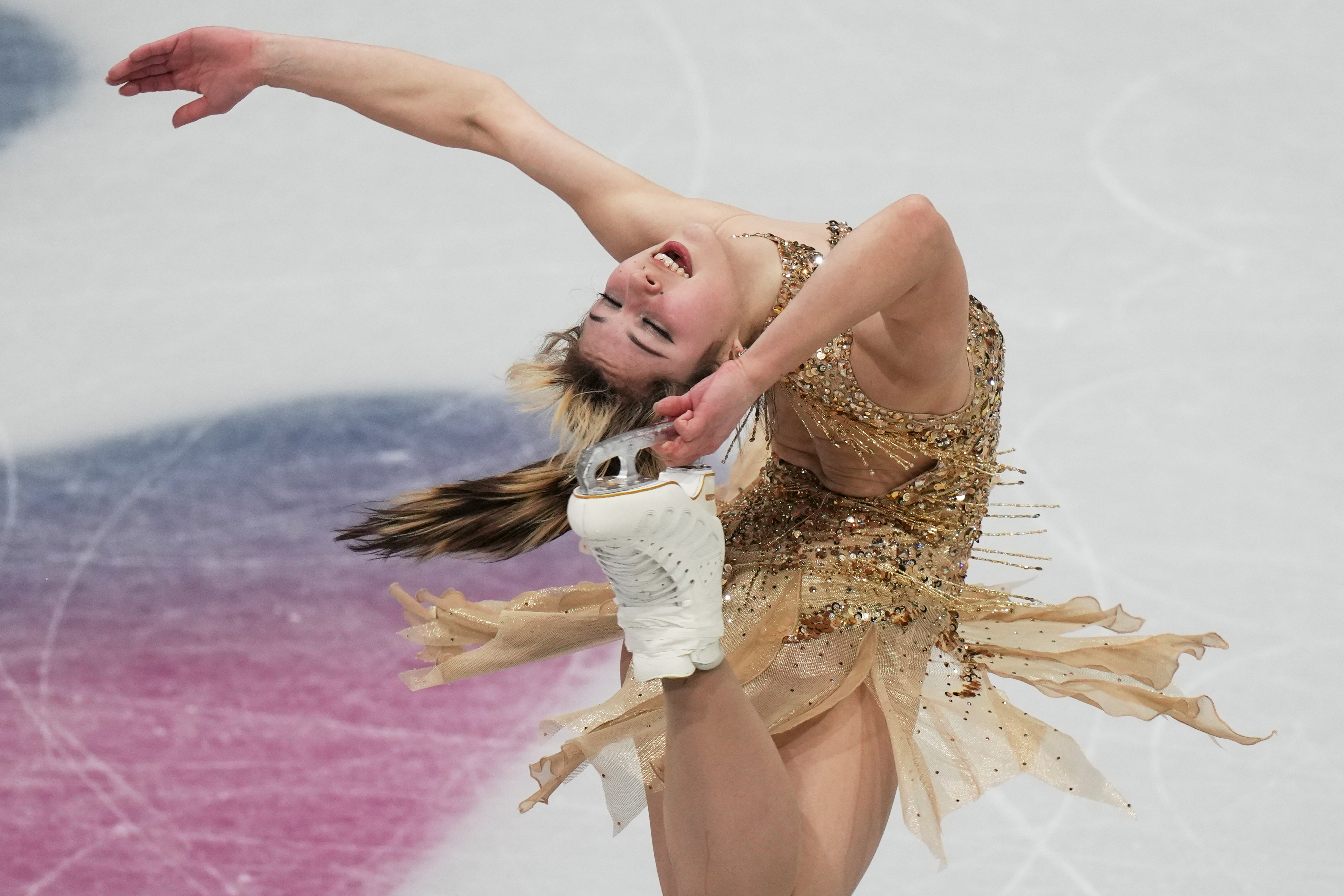Major League Baseball is heightening in-game inspections by umpires for banned grip aides, concerned that use of foreign substances by pitchers increased again as time passed from a crackdown begun in June 2021.
“Unfortunately, spin rates began to rise again during the 2022 season and we received reports of continued use of foreign substances on the field,” MLB senior vice president of on-field operations Michael Hill wrote Thursday in a memo.
“Umpires have been instructed to increase the frequency and scope of foreign substance checks this year, including randomized checks of fingers (including removal of rings worn on either hand of pitchers), hands, hats, gloves, belts/waistlines, and pants,” Hill said. “Pitchers may be subject to checks before or after innings in which they pitch, and managers may make inspection requests of a pitcher or position player either before or after an at-bat.”
Hill sent the memo to owners, CEOs, team presidents, general managers, field managers and all major and minor league players. The memo was first reported by ESPN.
“Umpires also will be focused on suspicious behavior by players that suggests the potential use of foreign substances,” Hill wrote. “For example, if an umpire observes a pitcher attempting to wipe off his hands prior to an inspection, the player may be subject to immediate ejection for violating the rules by attempting to conceal a foreign substance.”
Word of the crackdown emerged from an owners meeting on June 3, 2021, and heightened checks started that June 21. Four-seam fastballs averaged 2,319 revolutions per minute through that June 2, then dropped to 2,251 for the rest of the season before rising to 2,276 last year, according to Statcast data. Average velocity of four-seam fastballs increased from 93.7 mph in 2021 to 93.9 mph last year.
Only two pitchers have been suspended for foreign substances since the checks started. Seattle’s Héctor Santiago was penalized that June 28 and Arizona’s Caleb Smith that Aug. 24, both for 10 games.
“A player who possesses or applies foreign substances in violation of the playing rules is subject to immediate ejection from the game and will be suspended automatically,” Hill wrote. “If a player other than the pitcher is found to have applied a foreign substance to the baseball (e.g., the catcher applies a foreign substance to the baseball before throwing it back to the pitcher), both the position player and pitcher will be ejected; however, position players will not be ejected for having a foreign substance on their glove or uniform unless the umpire determines that the player was applying the substance to the ball in order to aid the pitcher.”
MLB threatened to be harsher with repeat offenders.
“Players who are found to have used a foreign substance following a prior suspension for violating the rule will be subject to more severe, progressive discipline for each subsequent violation,” Hill said.
Hill threatened “severe discipline” for club employees who assist players in using banned grip aides.
“Clubs will be held accountable for any foreign substances discovered in any club area (e.g., clubhouse, tunnel, dugout, bullpen, etc.),” he wrote. “Each club must inform its clubhouse managers and clubhouse attendants that they are obligated to report to the general manager any foreign substances that are discovered in the clubhouse or other areas of the stadium. Please note that the pitcher’s bag and bullpen bag have been a frequent source identified by the Gameday Compliance Monitors (“GCMs”) as carrying foreign substances.”
In an effort to create more uniform ball conditions, MLB made humidors mandatory for ball storage starting last season. Balls must be kept in them for at least 14 days, and Hill said the temperature must be set at 70 degrees Fahrenheit (21 degrees Celsius) with 57% humidity, except for 65% at mile-high Coors Field. Procedures for removing balls for humidors and rubbing them with mud was standardized last June.








